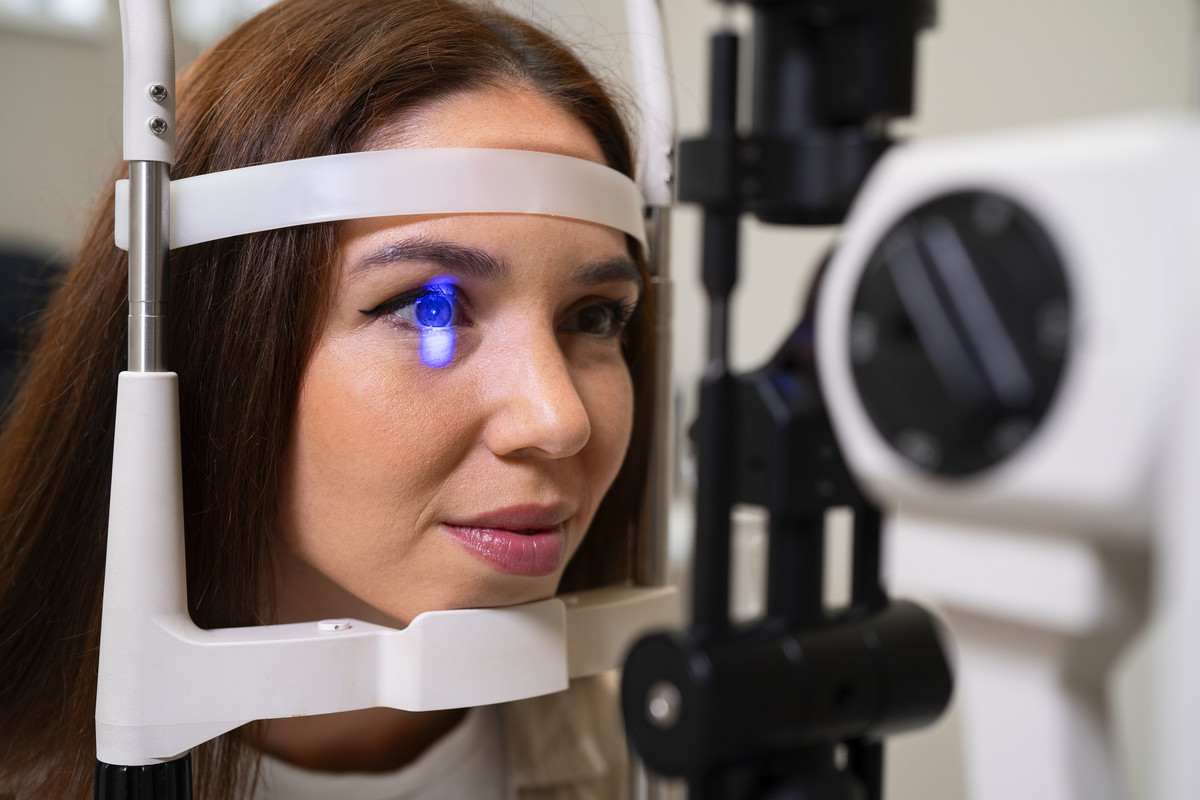
1. Blurry or Irregular Vision
If you notice it difficult to see clearly on things, whether up close or in the distance, it could be a warning of vision impairments like nearsightedness, long-sightedness, or irregular corneal shape. Blurred vision can also be a sign of more severe conditions like age-related opacity or retinal deterioration.2. Frequent Headaches
Constant migraines, especially after reading, working on computers, or operating a vehicle, could indicate an undiagnosed eye issue. Straining to focus properly puts pressure on your ocular system and cognitive functions, leading to discomfort.3. Struggles With Night Vision
Struggling to navigate in low-light conditions or suffering from light sensitivity from headlights while commuting may be a sign of impaired low-light eyesight, which could be associated with cataracts, dietary deficiencies, or other ocular issues.4. Tired Eyes and Strain
In today’s technology-driven era, many people experience ocular fatigue from extended screen use. However, ongoing discomfort, bloodshot eyes, or dryness could point to an underlying problem like chronic eye dryness or an hidden vision problem.5. Seeing Two Images
Seeing double is something to take seriously. It may be caused by lens misalignment, neurological issues, or systemic diseases such as high blood sugar or vascular issues. Getting timely professional help is critical.6. Spots in Vision and Flashes of Light
Random floaters (tiny spots moving in your field of view) are common, but a unexpected rise in dark shadows or bright flickers could suggest a serious eye condition. This problem requires emergency medical intervention to reduce the risk of vision loss.Why Prompt Action Matters
Overlooking vision problems can result in long-term consequences. Routine ophthalmologist visits ensure proactive diagnosis and appropriate care. Depending on the severity of your issue, corrective measures like glasses, advanced treatments, or advanced solutions may be recommended.For those suffering from severe vision impairment due to eye aging or other lens-related issues, Cataract surgery can provide transformative enhancements.